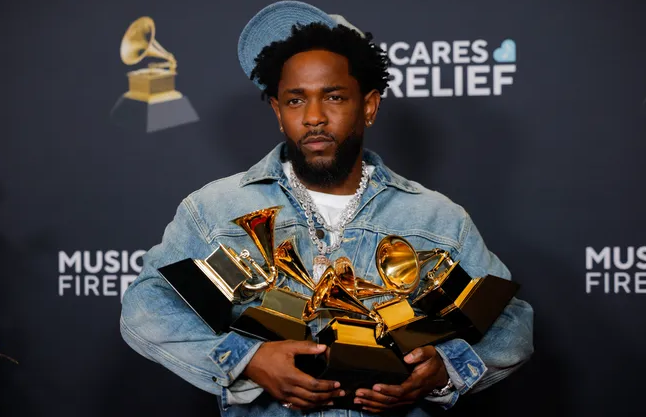The hit Netflix show Squid Games has gotten a second season. Originally released in 2021, Squid Games introduced a new concept into television: children’s games turned deadly – where people who are in desperate need of money compete against each other for billions of won. The catch? If a player loses a game, they are killed or eliminated. Three years later, season 2 was released.
There were multiple stories in season one, besides the one following the main character, Gi-hun. The side story of this show is one following a police officer, Jun-ho. While this story doesn’t affect the main story, it gives information about what’s happening inside the games. Viewers find out that there are foreign VIPs that are betting on the games, treating the deaths of players the way one might treat a reality game show contestant being voted off. All of this ruled under one man known as the Front Man.
People.com mentions how in the climax ending of the show after a chase, The Front Man unmasks himself, and Jun-ho is shocked to find his brother. Jun-ho rejects his recruitment offer and then is shot off a cliff into the sea. And that’s where his story stays for this season of Squid Game.
At the start of the second season, viewers follow Gi-hun and his search to find the games again. Screen Rant talks about the plot of season 2 by saying this intro lasts about two of the seven episodes of the second season, emphasizing how much the first games have affected Gi-Hun. We also see Jun-ho, the cop, trying to locate the islands the games were on. Soon, the two players join forces. This then leads to them finding the recruiter for the games and rejoining the games in the hope of stopping the games from continuing. Junior Olivia Manns says that in her opinion, she would “rather the show follow two separate storylines, because A-B plots are more interesting and add depth.” Yet, she also says, “It was an interesting choice to make and it switched up the style between the two seasons.
From this point on, Gi-hun is stuck inside the games to stop them. Audiences watch Gi-hun try to protect as many people as he can, making alliances along the way. Inside the main area, there is a big divide between those who want to stay versus those who want to end the games. In Manns’ opinion, Gi-hun is “putting himself into more than he can handle” and a lot of the tension in the second season is built on this process. This “democratic” process gives players the illusion of choice showing how capitalism will rule over a democratic process most times. During these votes, players who are facing the same thing vote against each other and are pinned against one another. This second season creates a lot of drama and becomes one of the main issues.
Squid Games reflects a lot on society’s values by depicting a society with great economic inequalities. Factual America discusses how this highlights the extreme lengths people will go to due to economic desperation, showcases the realities of class inequality, and exposes how individuals can be easily manipulated to turn against each other in a system designed to benefit the wealthy. Manns says that she feels “the games are meant to represent the current society and how people are willing to sacrifice their dignity and risk everything to succeed.”
Factual American continues by describing that the “game” itself is a metaphor for a system where the wealthy exploit the poor for their entertainment. The nature of the games forces players to abandon their morals and turn against each other to survive, depicting how extreme competition can erode human compassion.
Squid Games season 3 is set to air sometime in 2025, with some hinting at a June release date.
















